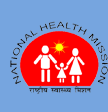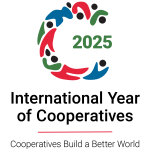Menstrual Hygiene Scheme
In India, menstruation and menstrual practices are clouded by taboos and socio-cultural restrictions for women as well as for adolescent girls. Limited access to products and lack of safe sanitary facilities prove to be barriers to increased mobility for girls and the likelihood of resorting to unhygienic practices to manage menstruation.
Traditionally, old cloth has been used as pads by recycling them, making disposable pads with material at home. They are used again and again after washing. The issue is that these washed clothes are dried where they are not visible to the public sometimes leading to fungal growth on them. Cleanliness during menstruation is important, as unhygienic practices can lead to infections in the reproductive tract.
Also, lack of access to menstrual hygiene which includes sanitary napkins (availability as well as cost factor), toilets in schools, availability of water, privacy and safe disposal, could constrain school attendance and possibly contribute to infections during this period. Therefore, creating awareness and increasing access to the requisite sanitary infrastructure, related to Menstrual Hygiene is important.
The Ministry of Health and Family Welfare has introduced the Scheme for Promotion of Menstrual Hygiene. The scheme aims at:
- Ensuring that adolescent girls in the target group have adequate knowledge and information about menstrual hygiene and the use of sanitary napkins
- Making available high quality and safe products (sanitary napkins)
- Making accessible environmentally safe disposable mechanisms
The Scheme for Promotion of Menstrual Hygiene will be held in the state of Goa, specifically for slum dwellers, migrant population and tribal population.


